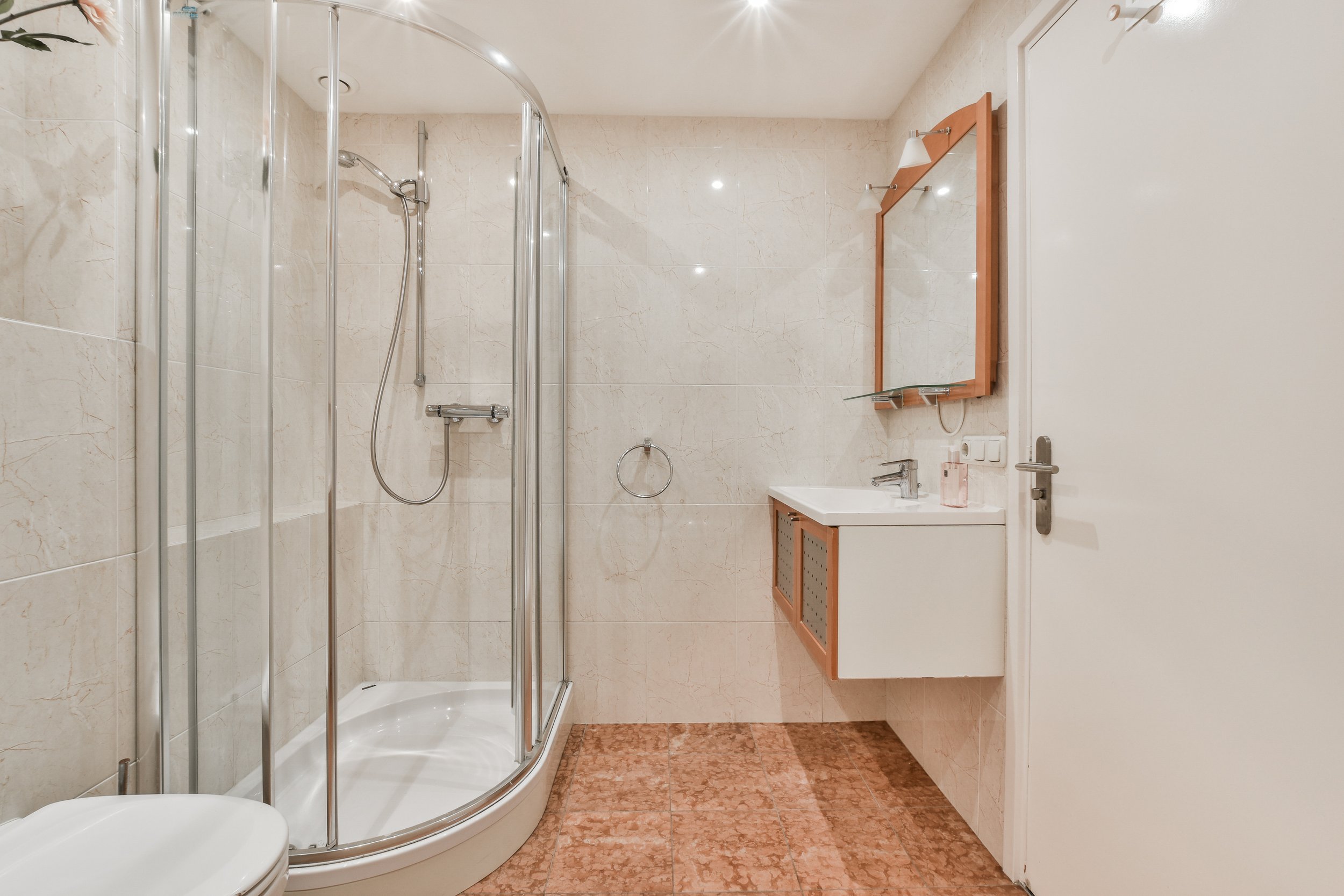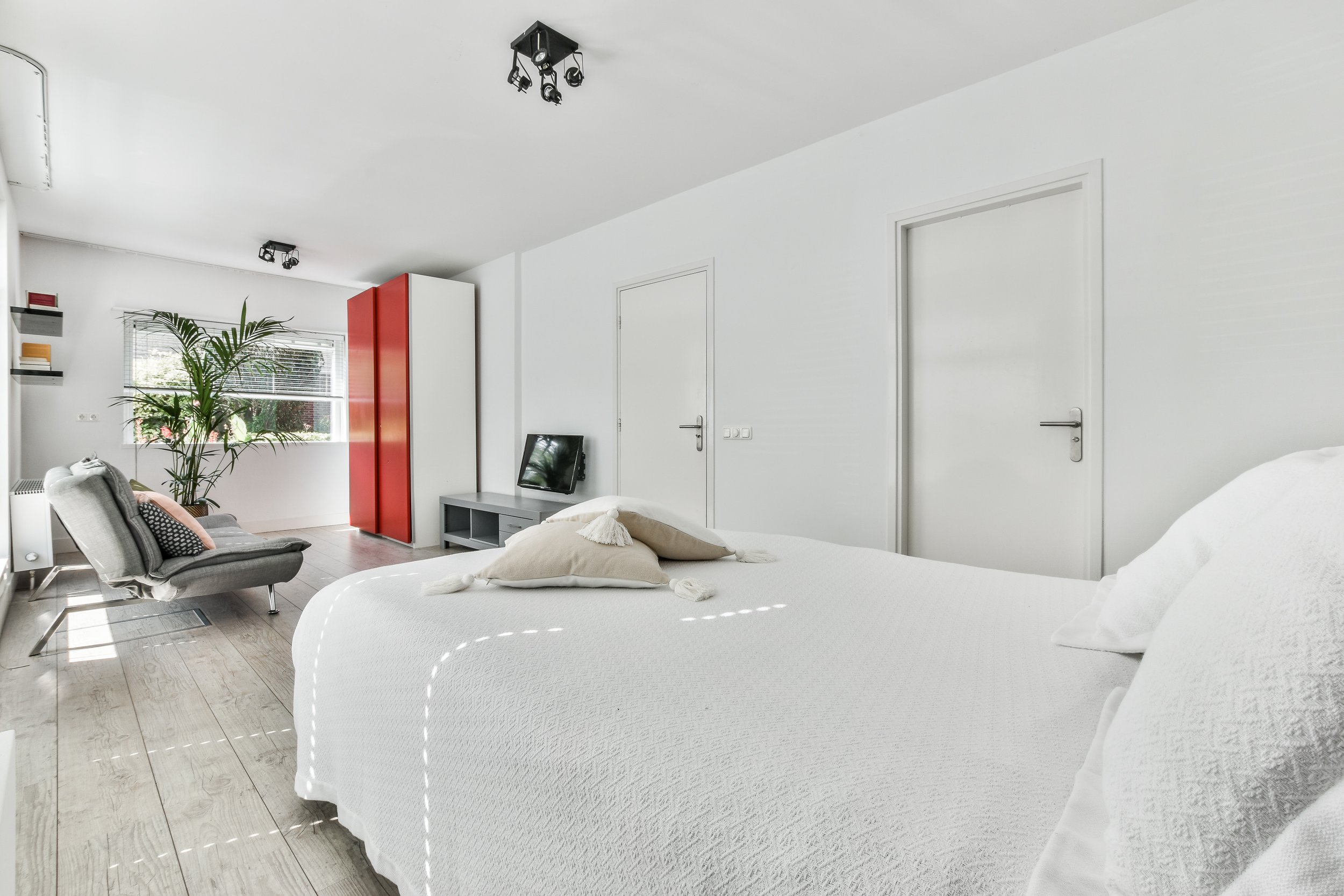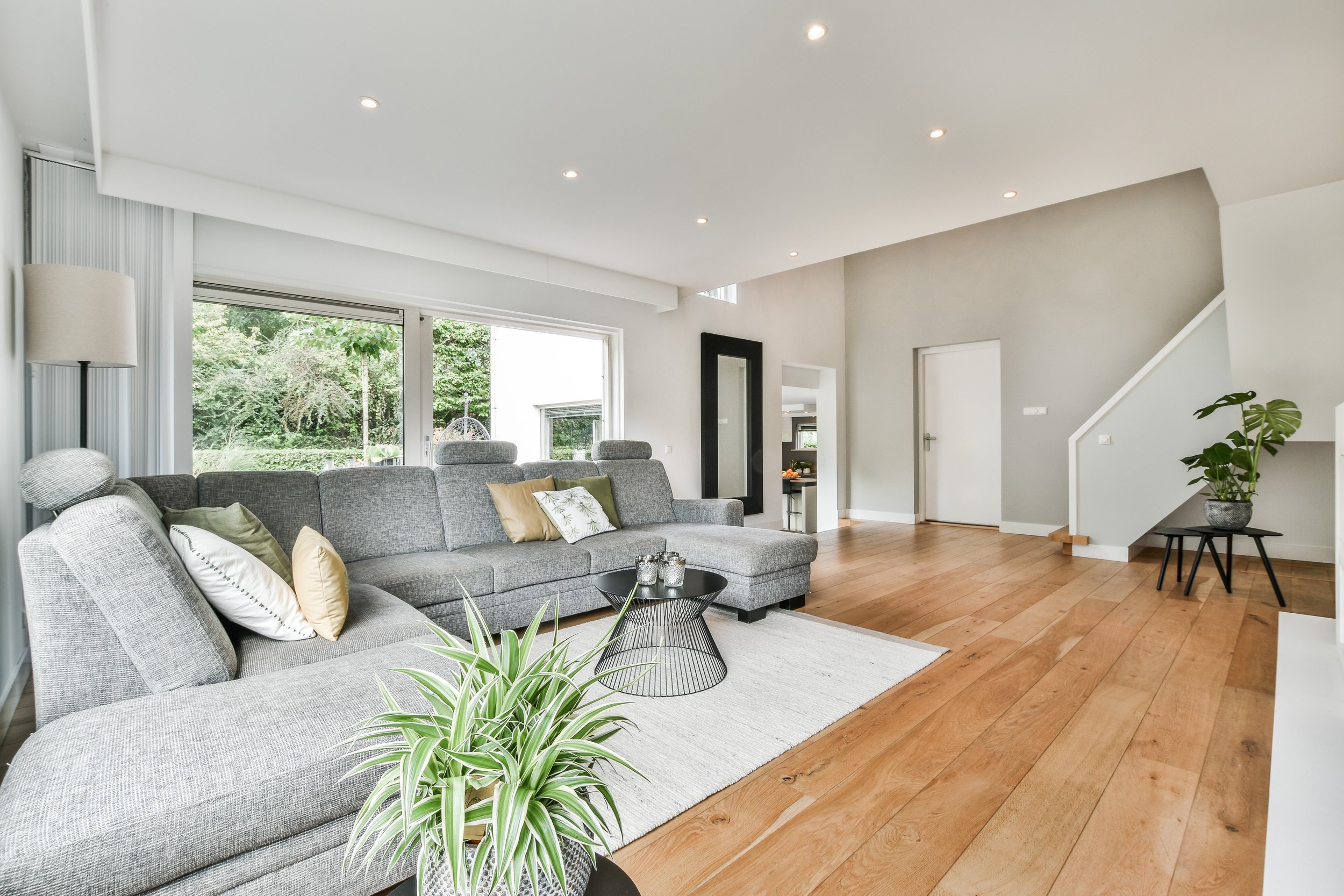
What Is The Most Expensive Part Of Finishing A Basement In Johns Creek?
Homeowners in Johns Creek often start with a simple question: where does the money go in a basement finish? After hundreds of builds and remodels across North Fulton and Metro Atlanta, one pattern holds. The most expensive line item is usually mechanicals and infrastructure — framing, electrical, plumbing, HVAC, and moisture control — not the pretty finishes. Cabinets and tile get attention, but the systems behind the walls drive most of the budget and determine how well the space ages.
Why “behind-the-walls” work costs the most
Basements in Johns Creek, Alpharetta, and Duluth tend to be large, often 900 to 1,500 square feet. Turning raw square footage into legal, comfortable living space requires framing, insulation, wiring, ducting, plumbing, and code-compliant egress. Each trade touches most of the footprint. The cost multiplies with size and complexity. Good mechanical design also keeps humidity down through Atlanta summers and prevents musty smells by September. Cutting corners here leads to callbacks and expensive fixes.
A typical finished basement in Johns Creek ranges from $65 to $125 per square foot. Of that, 40 to 60 percent often goes to structure and systems. Finishes flex up or down with taste. The core work does not.
Moisture control and waterproofing set the foundation
Moisture is the first budget checkpoint. Even a dry-looking slab in winter can sweat in July. In Metro Atlanta clay soils, hydrostatic pressure can push water through hairline cracks. If the basement shows staining at the base of walls, a white mineral crust, or a damp smell, expect investment here before framing begins.
Basic steps include crack injection, perimeter sealing, a high-quality vapor barrier under wall plates, and dehumidification planning. More serious cases may need an interior drain with a sump system. Costs vary widely. Minor sealing and a dedicated dehumidifier may run a few thousand. An interior drain and sump can add five figures. Skipping this risks flooring failures, warped trim, and mold in insulation.
Framing, insulation, and sound control add structure and comfort
Framing defines rooms, carries drywall, and sets the layout for electrical and HVAC. In Johns Creek, many basements have tall ceilings and steel beams. Framing around beams and columns, and building soffits for ducts, adds labor. Additional sound treatment is common under main-level living rooms and kitchens. For media rooms, homeowners often request staggered studs, mineral wool, or resilient channels. These upgrades increase comfort but add cost. They help a family enjoy a movie downstairs while someone sleeps upstairs at 10 pm.
Insulation matters for humidity and stability. Closed-cell foam on rim joists, continuous vapor barriers, and correct R-values keep the space even through August heat and January cold snaps. These materials cost more upfront and save on energy and wear.
Electrical, lighting, and low-voltage planning drive daily use
Lighting makes or breaks a basement. Recessed LED cans, step lights on stairs, vanity lights in a bath, and dimmers in a media room all add devices and labor. Code requires arc-fault and GFCI protection, and many older panels need capacity upgrades. In 1990s Johns Creek homes, panel space is often tight. A subpanel addition is common.
Media rooms and home offices bring low-voltage needs: ethernet runs, coax, speaker wire, conduit for future tech, and network hubs. Planning it now costs less than fishing wires later. The more zones and features, the higher the electrical share of the budget.
Plumbing and bathrooms: the big swing factor
Adding a full bath or a wet bar is one of the largest cost drivers. If the slab was pre-plumbed by the builder, costs stay reasonable. If not, cutting the slab for drains and setting a sewage ejector pump adds labor and equipment. For a spa-style bath with a tiled shower, frameless glass, and quality fixtures, expect a noticeable jump.
An ejector pump requires venting, power, and a correct pit location. Done right, it runs quietly and reliably. Done poorly, it becomes a service headache. This plumbing work is invisible once finished, but it dominates costs when a bathroom is part of the plan.
HVAC: keeping the basement dry, even, and code-compliant
Basement finishes often need new supply and return lines, sometimes a separate zone or a dedicated system. A system sized for the upstairs alone cannot keep a basement even, especially in humid summers. A zoned setup with a smart thermostat, added returns, and a quiet dehumidifier usually performs best.
Tight media rooms need fresh air and returns sized for low noise. Gym spaces benefit from higher CFM and washable filters. Wine rooms need dedicated cooling. Each special space adds design and parts. HVAC can be the sleeper cost, and it is central to comfort.


Egress, permits, and inspections in Johns Creek
To call a space a bedroom, a basement needs legal egress. That means an egress window or exterior door within code dimensions. Cutting a new opening in a foundation wall requires structural engineering, excavation, a header, drainage, and a well. This is not trivial and can rival a bathroom in cost. It does add real value to the home.
Permits pass through the City of Johns Creek. Plan review checks electrical, mechanical, and plumbing. Inspections occur at rough-in and final. A clean submittal with code-compliant drawings keeps timelines predictable. Unpermitted work can stall sales and void insurance claims after water damage or electrical issues.
Finishes: where splurges show, but systems still rule
Flooring choice in a basement matters for moisture. Many homeowners choose LVP with a vapor underlayment, stained concrete, or tile. Solid hardwood is risky over slabs here. Trim, doors, and paint quality affect the feel, but they usually cost less than infrastructure. The exception is custom cabinetry and built-ins for bars or media walls. Those can rival mechanical costs in feature-heavy designs.
A simple bar with stock cabinets and a laminate top lands gently. A full kitchenette with stone tops, ice maker, and undercounter fridge raises the finish budget. Choices here are flexible and easy to phase if needed.
Real numbers from local projects
- 1,100-square-foot finish in Johns Creek with media room, gym, and half bath: $95 to $115 per square foot. Largest costs: HVAC zoning and electrical upgrades due to panel limits.
- 900-square-foot finish in Alpharetta with full bath and egress window: $100 to $130 per square foot. Largest costs: egress cut and bath plumbing with ejector pump.
- 1,400-square-foot finish in Duluth with wet bar, office, playroom, and storage: $80 to $100 per square foot. Largest costs: framing and insulation across a wide-open footprint, plus dehumidification plan.
Ranges vary with moisture conditions, bathroom count, and finish level. An open lounge with no bath lands lower. Add a spa bath and an egress window and the budget steps up.
Where to invest first for long-term value
Invest in moisture control, HVAC design, and electrical capacity. These three set the baseline for comfort, safety, and durability. Next comes layout and framing that Heide Contracting: basement finishing services in Atlanta, GA. supports how the family lives: storage, a clean laundry path, and zones for noise. Finishes carry the eye, but systems carry the experience.
The resale market in Johns Creek responds to well-documented permits, a legal bedroom, and a full bath with clean ventilation. Buyers can repaint. They do not want to re-run ductwork.

How to keep costs predictable
A clear scope prevents change orders. A measured floor plan, photos of existing mechanicals, and a list of must-haves guide the estimate. Fixed decisions on bath locations, door swings, and AV needs reduce surprises. Moisture testing before framing gives confidence. Ask for a mechanical plan that shows supply and return counts, dehumidifier specs, and static pressure targets. Good design on paper saves time in the field.
Why homeowners search “best basement finishing companies near me”
Local matters. Soil, humidity, and code shape every basement. A team that finishes basements in Johns Creek, Peachtree Corners, Roswell, and nearby neighborhoods already knows where panels are often maxed out and which lots pool water after a storm. Those details show up in better estimates and fewer hiccups during inspections. That is why homeowners search for the best basement finishing companies near me and compare bids that spell out waterproofing, HVAC, and egress.
What Heide Contracting brings to a Johns Creek basement
Heide Contracting builds basements that feel like part of the original home. The team prioritizes moisture control, balanced HVAC, and clean electrical layouts. Project managers coordinate trades so rough-ins pass the first time and drywall closes on schedule. Clients get clear pricing for bathrooms, egress, bars, and media rooms, with options to phase finishes if budget timing matters.
Ready to see real numbers and a clear plan?
If the basement is in Johns Creek, Alpharetta, or nearby, Heide Contracting can walk the space, test for moisture, and outline a design with cost ranges for each major decision. Homeowners can compare line items and select upgrades with confidence. Schedule a visit to get a local, code-ready plan and a budget that explains where every dollar goes.
Heide Contracting provides renovation and structural construction services in Atlanta, GA. Our team specializes in load-bearing wall removal, crawlspace conversions, and basement excavations that expand and improve living areas. We handle foundation wall repairs, masonry, porch and deck fixes, and structural upgrades with a focus on safety and design. Whether you want to open your floor plan, repair structural damage, or convert unused space, we deliver reliable solutions with clear planning and skilled work. Heide Contracting
Atlanta,
GA,
USA
Phone: (470) 469-5627 Website:
https://www.heidecontracting.com,
Basement Conversions
Instagram: @heidecontracting
Facebook: Heide Contracting